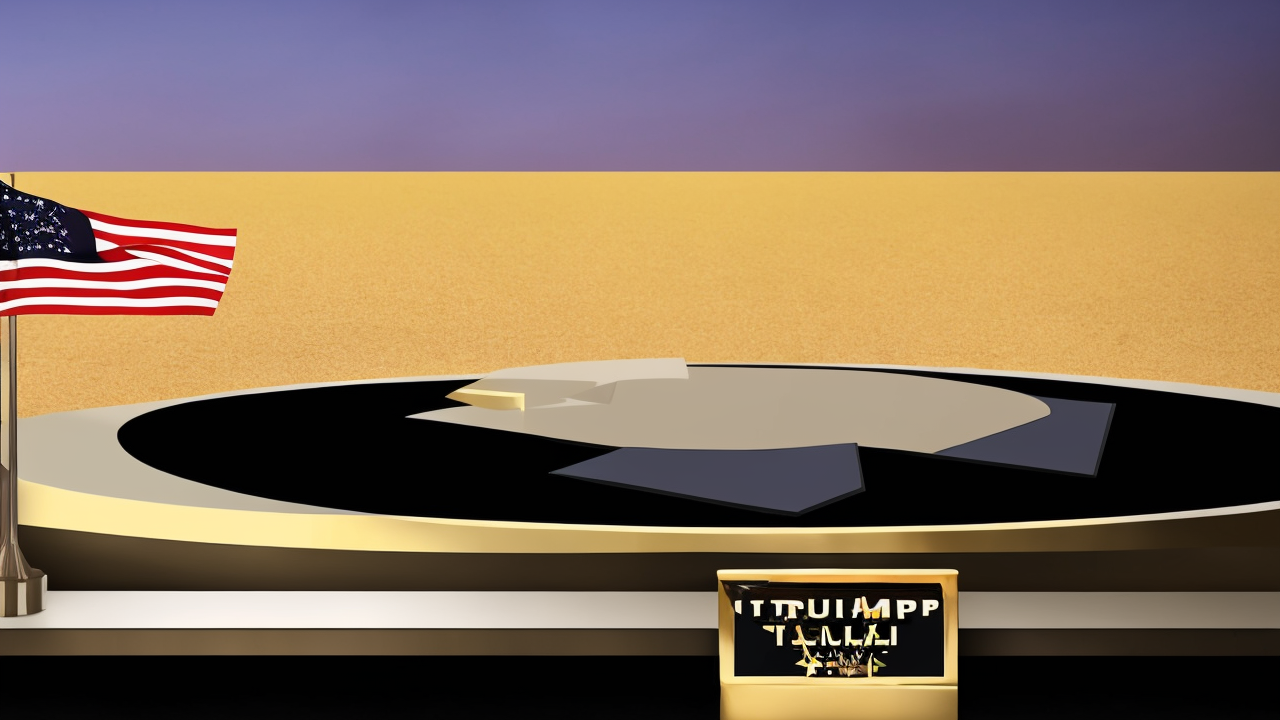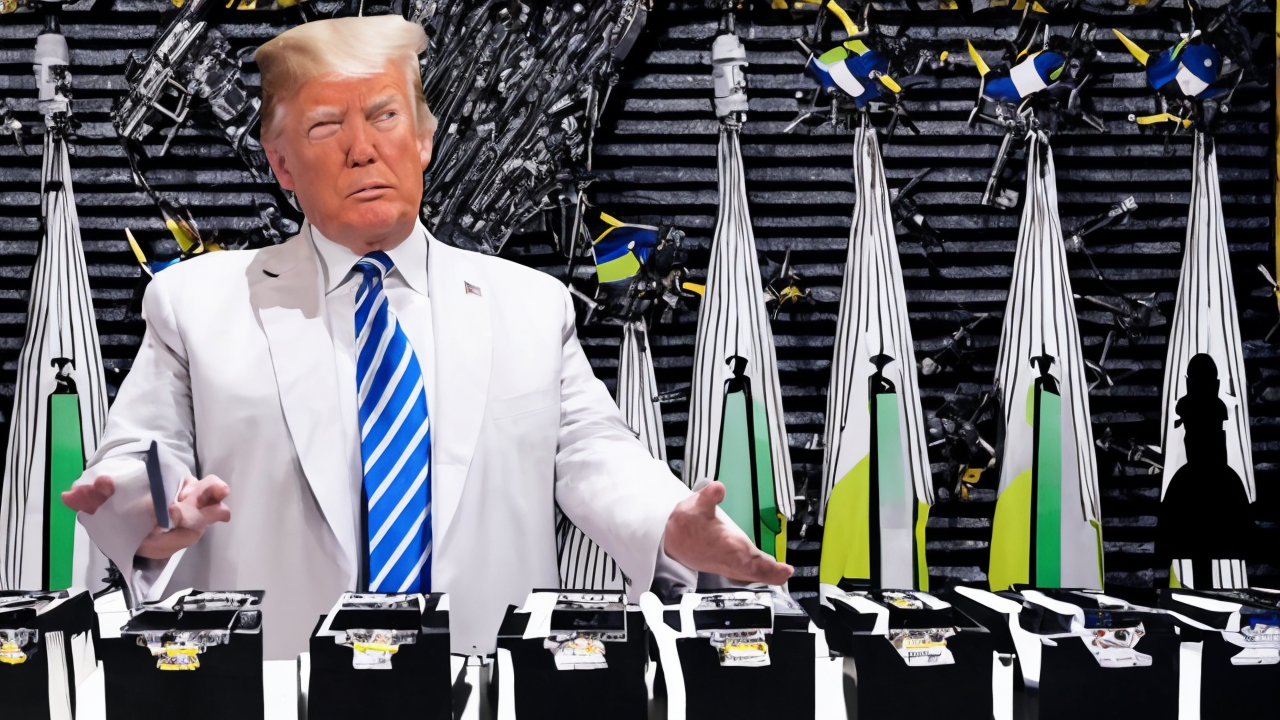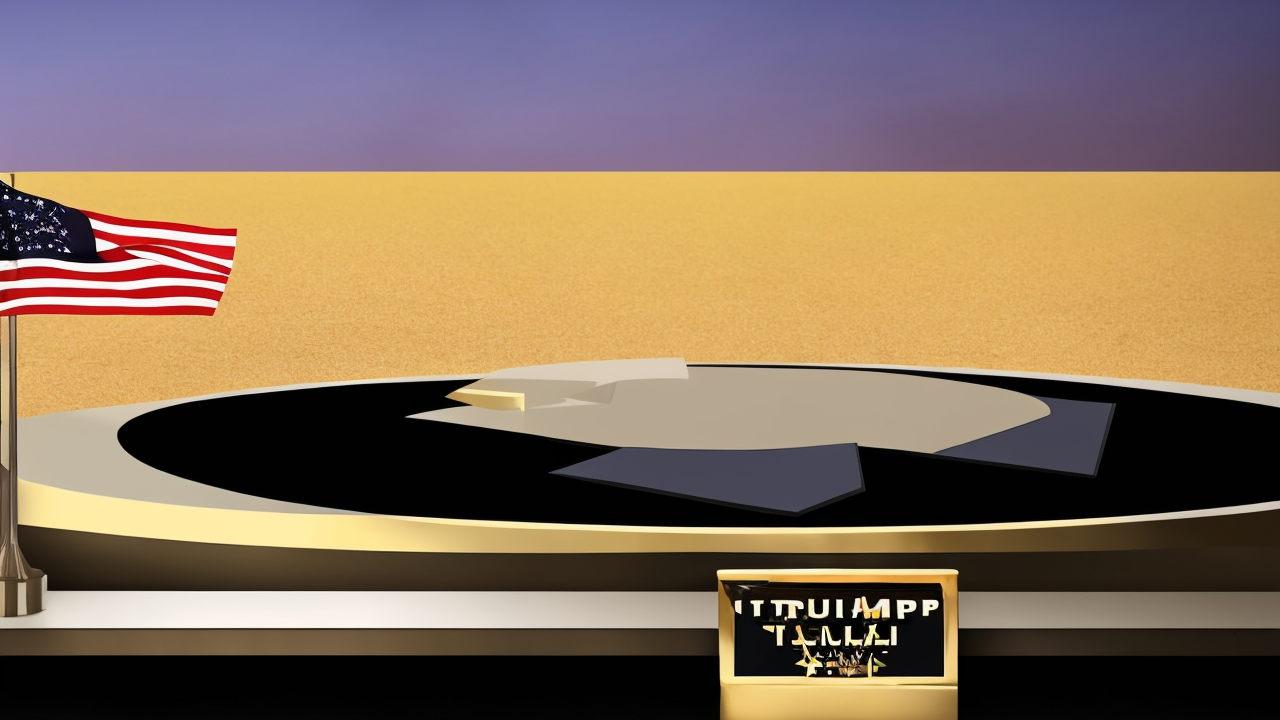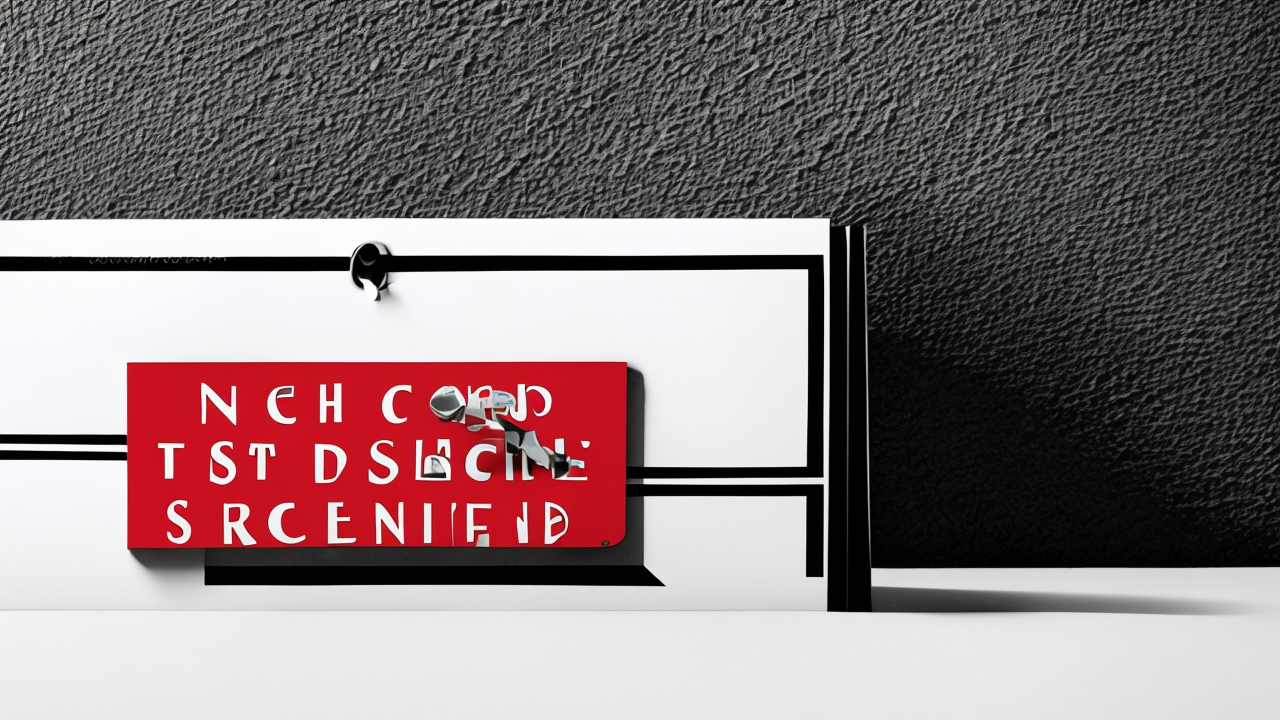The Power of Free Markets: How Tax Reform Built a Stronger America

At the U.S.-Saudi Investment Forum in Riyadh, former President Donald Trump made a simple but powerful point: when government stops taking so much, people and businesses thrive. His remarks, delivered to a global audience of investors and leaders, were not just about past policy wins—they were a call to remember what made America great in the first place. The 2017 tax cuts were not a flash in the pan. They were a deliberate shift back to principles long buried under layers of bureaucracy and rising debt.
The results were undeniable. After the reforms, unemployment fell to its lowest level in over fifty years. Workers saw their paychecks grow. Small businesses, the lifeblood of the economy, found new energy to hire, expand, and innovate. These were not side effects. They were the direct result of letting people keep more of what they earn. When you pay less in taxes, you have more to invest, save, and spend. That’s not theory. That’s how real economies work.
Trump’s message was clear: prosperity comes not from more government programs, but from individual responsibility and economic freedom. He didn’t speak to a crowd of politicians or lobbyists. He spoke to entrepreneurs, builders, and creators—the people who actually build things and create jobs. He reminded them that when the tax burden lifts, so does the spirit of enterprise.
This is not about ideology. It’s about results. When the government takes too much, it slows things down. It discourages risk. It tells people that hard work isn’t worth it. But when the tax code is fair and simple, it encourages people to work more, start businesses, and take chances. That’s how we create wealth—not by spreading money around, but by unleashing the potential of the people who already have it.
The global stage is watching. Countries like Saudi Arabia are not just investing in infrastructure—they are looking for partners with strong, stable, and predictable economic systems. They see that America’s greatest strength is not its military might alone, but its ability to foster innovation and growth through freedom. The U.S.-Saudi Investment Forum was not just a meeting of nations—it was a statement that America still believes in opportunity.
Yet, the path forward is not without challenges. Some argue for higher taxes to fund expanded programs, claiming that government must do more to “help” people. But history shows that when government takes more, it doesn’t give more—it takes more. It slows growth, discourages investment, and traps people in cycles of dependence. True help is not handing out checks. It’s creating the conditions where people can help themselves.
We must also stand firm on energy. Nuclear, coal, oil, and natural gas are not relics of the past. They are the foundation of American strength. They power our homes, our factories, and our military. They are not enemies of the environment. They are the tools that keep our nation free, secure, and independent. Pushing us toward unreliable sources under the guise of climate change is not progress—it’s surrender.
America’s future depends on keeping taxes low, limiting government, and protecting the freedoms that allow hard work to prosper. It’s not about greed. It’s about dignity. It’s about the right of every person to keep the fruits of their labor. That’s what the 2017 tax cuts were really about—not politics, but principle.
As the world watches, we must remember: the best way to build a stronger America is not by demanding more from others, but by empowering people to do more on their own. That’s the real revolution—not in speeches, but in the lives of everyday Americans who are working, building, and creating. That’s the legacy of the tax cuts. That’s the future we must defend.
Related search entity: U.S.-Saudi Investment Forum
Published: 11/19/2025








